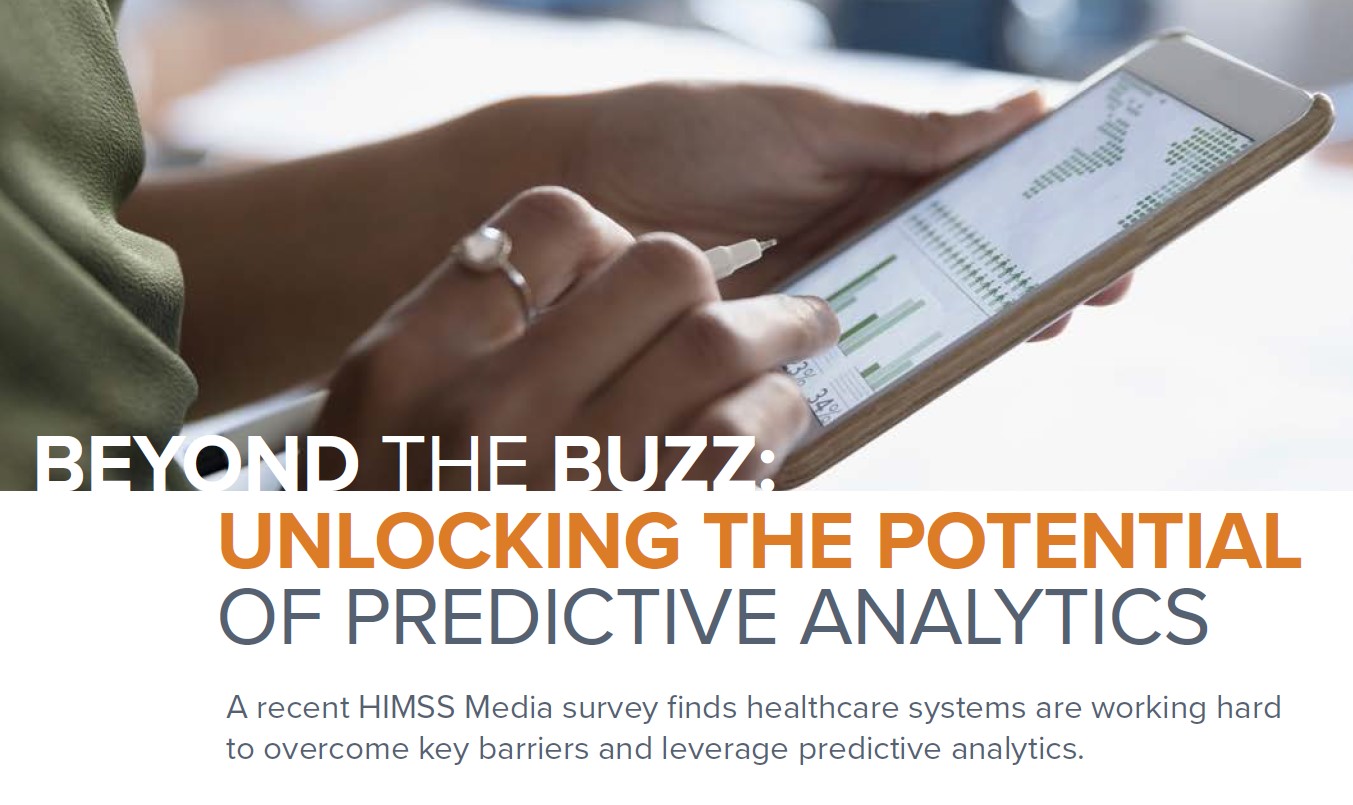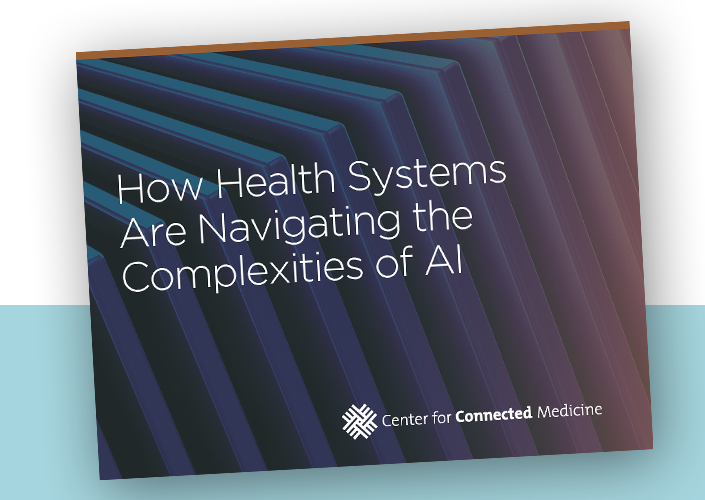UPMC’s Dr. Pamela Peele discusses the challenges health systems need to overcome to leverage their data for predictive analytics
An August 2018 survey by the Center for Connected Medicine (CCM) and HIMSS Media suggests that health organizations are confronting the reality of challenges with predictive analytics in health care.
Survey identifies top use cases for predictive analytics in health care
The survey found that approximately 7 out of 10 hospitals and health systems say they are taking some action to formulate or execute a strategy for predictive analytics.
This is not surprising given the focus in health care over the past decade to harness the large volumes of data to make improvements in health outcomes and cost reductions – and considering the hype surrounding predictive analytics as a solution for health care.
In fact, the top use cases driving interest in predictive analytics are enabling the delivery of more cost-effective care, reducing hospital readmissions, identifying at-risk patients, and providing more proactive, preventive care, according to the survey of 100 IT and business leaders at U.S. hospitals and health systems.

Talent and interoperability are top challenges
But despite the strong interest by health care providers to employ predictive analytics, few health systems can say they have widely implemented full-fledged analytics that identify the likelihood of future events. And most importantly, if health systems were able to make robust predictions, would their clinicians act on those predictions? In many cases, the answer is likely no.
Why is this? According to the survey, two of the top challenges involve talent and lack of interoperability. Put another way, health systems have trouble getting access to all the necessary data in a useful and standardized format. And they don’t have the people in place to apply statistical algorithms and advanced machine learning techniques for the complex practice of medicine.
“The bottom line: You need to integrate your data; you need to make it fit for consumption,” says Pamela Peele, PhD, Chief Analytics Officer for UPMC Health Plan and UPMC Enterprises.
Read more of Dr. Peele’s response to the survey findings by downloading the full executive briefing report using the link above.



